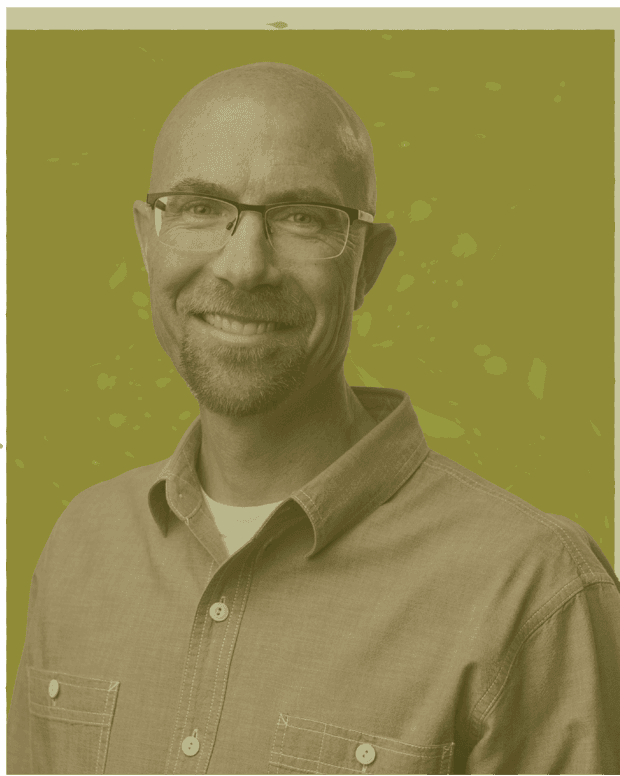I have recently been reading about those who struggle with “shattered assumptions”. You often find this phrase in literature regarding those who have gone through some type of traumatic experience which has informed or “shattered” their view of life, their future, or their sense of stability and safety. People, who were once confident and at ease with their surroundings, suddenly find themselves dealing with a natural disaster, an act of violence or harrowing event that has broken their sense of security and constancy. So broken is their sense of stability, that they develop what is called a trauma-worldview. They see life through lenses that anticipate bad things happening. They begin to project this into their present situations as well as their future.
Several years ago I experienced an apartment fire. Looking back, I believe I underestimated the impact it had on me. It was obvious I was not thinking clearly immediately after the event. I did not call anyone right away for fear I would wake them up in the middle of the night. I worried about getting to work the next morning with no clothing to wear and was concerned that my boss would be angry I was running late. Looking back, it is almost comical to see the lack of clarity in my thinking and how oblivious I was to my own state of mind. For months afterwards when I got into my car I prayed I would not get into a car accident. I walked around with a sense of heaviness and was easily startled.
Had you asked me beforehand, I would not have assumed I was immune from fires, car accidents, or bad things happening. Yet the reality of it unnerved me in ways I did not expect. Now consider those who have gone through far more traumatic events. How do they make sense of those experiences and the instinctive reactions that follow? How is their worldview shaped by their trauma? Do they underestimate the power it has in informing their sense of stability moving forward? I’d argue that when expectations or “assumptions” are shattered, people tend to fall into a belief that God has failed them, the world is not safe and they must be prepared for it, or they fall into despair over the reality that they can not succeed at anticipating or avoiding tragedy.
I wonder how often we as counselors underestimate how such events impact a person’s general worldview. Our inclination at times is to promise God’s protection from such events. We then leave individuals feeling even more shaken by the reality that God did not “protect” them from an affliction. At times we attempt to put ourselves in the position of explaining God’s ways (as if we could), thinking an explanation will erase the painfulness of the event. We are at times uncomfortable with God’s silence and lack of explanation, so we attempt our own.
How does the gospel speak into these moments? How do we have a gospel-centered hope without allowing our expectations to inform what that must look like? Hope is found not in the stability and security of life. It is not found in the positive illusions we might hold about our lives. Nor can we rely on the promise of an explanation that may possibly justify suffering. Our worldview is consistently threatened by the painful realities of existence, when it should be tied to the person of Jesus. Our goal needs to be to develop a worldview that is so bound in the character of Christ—so secure in a relationship with our Creator—that it cannot be shattered.



